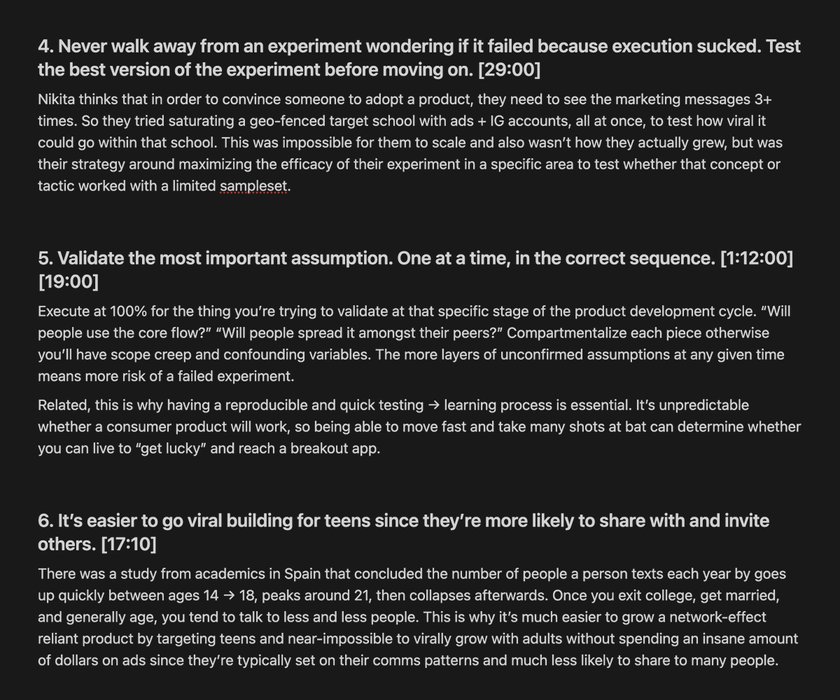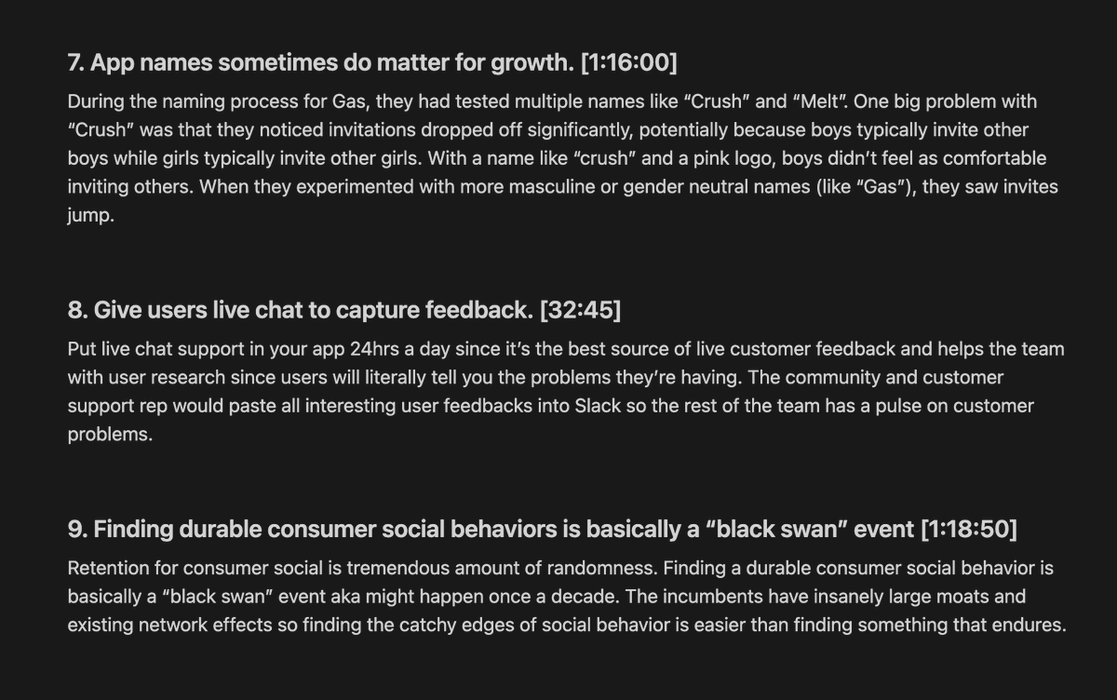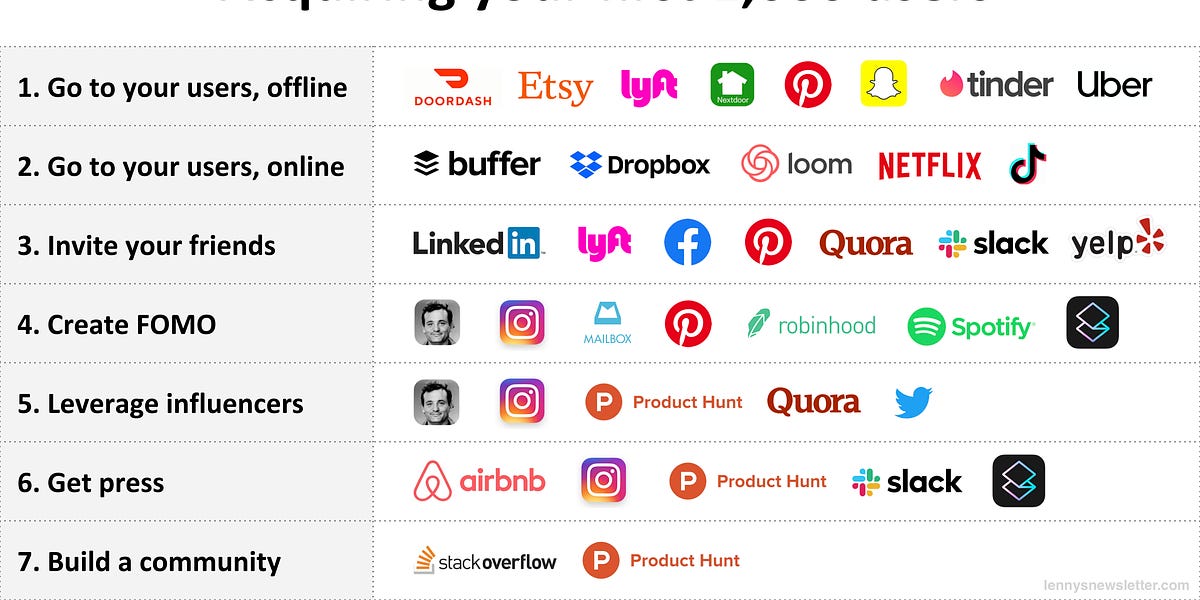
Lessons on building a viral consumer app: The story of Saturn




let's be real: everyone caught @nikitabier joining @lennysan's pod this week. this was basically the super bowl for terminally online startup/product enthusiasts like me 😅
this pod was incredibly dense with tactics but I don’t feel like anyone shared a great bookmarkable summary on X so just wanted to share my... See more
The most common criticism lobbed at me:
Why don’t you build a durable app? Why have your products only been flashes in the pan?
Building a retentive social product is a black swan event: it is extraordinarily rare to create the next Facebook and displace a daily communication tool. There is no repeatable... See more
Nikita Bierx.comMaking a durable social app is a once-per-decade black swan event.
Builders in this space know that you cannot measure a founder’s talent by whether they created one of these outliers—but rather it’s the craftsmanship and decisions they demonstrated with each of their attempts.
For those who... See more
Nikita Bierx.com